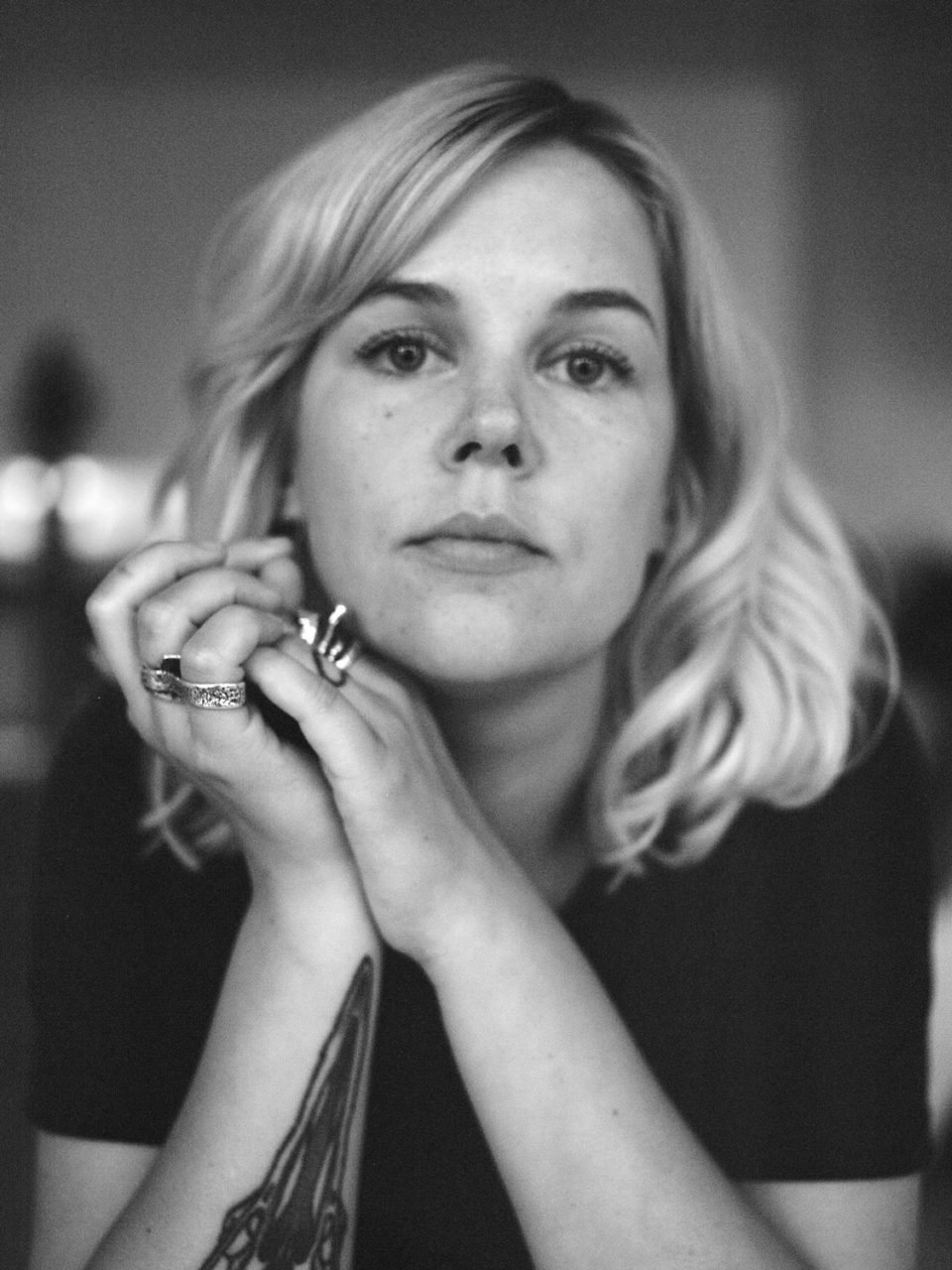
London: Freddie Janssen is the type of woman you always want around when you’re deciding where to go for dinner. She knows all the best places that serve up the tastiest dishes in the least pretentious settings. Growing up in Maastricht, in the south of Holland, her culinary experiences were limited to horse meat and fried snack-bar food until she travelled further afield. On an auspicious trip to LA, an intervention with a plate of pickles at Roy Choi’s A-Frame changed the direction of her life. Since then she has created her own range of pickles and a pickling cookbook, hosted communal dinners and summer taco parties, and served up some of the most delicious and addictive grilled-cheese sandwiches at markets all over London. The food of your childhood can be some of the most evocative and comforting—tastes you often come back to or can’t escape. Never able to stray too far from her roots she has been drawn back to the fried food of her teenage years and recently started Snackbar, a series of pop-up events at restaurants all over London. It’s the perfect outlet to serve up food that is a rich blend of sweet, sour, and a punchy umami, all focused on bringing people together to have fun. For Freddie, all roads inevitably lead back to the Snackbar.
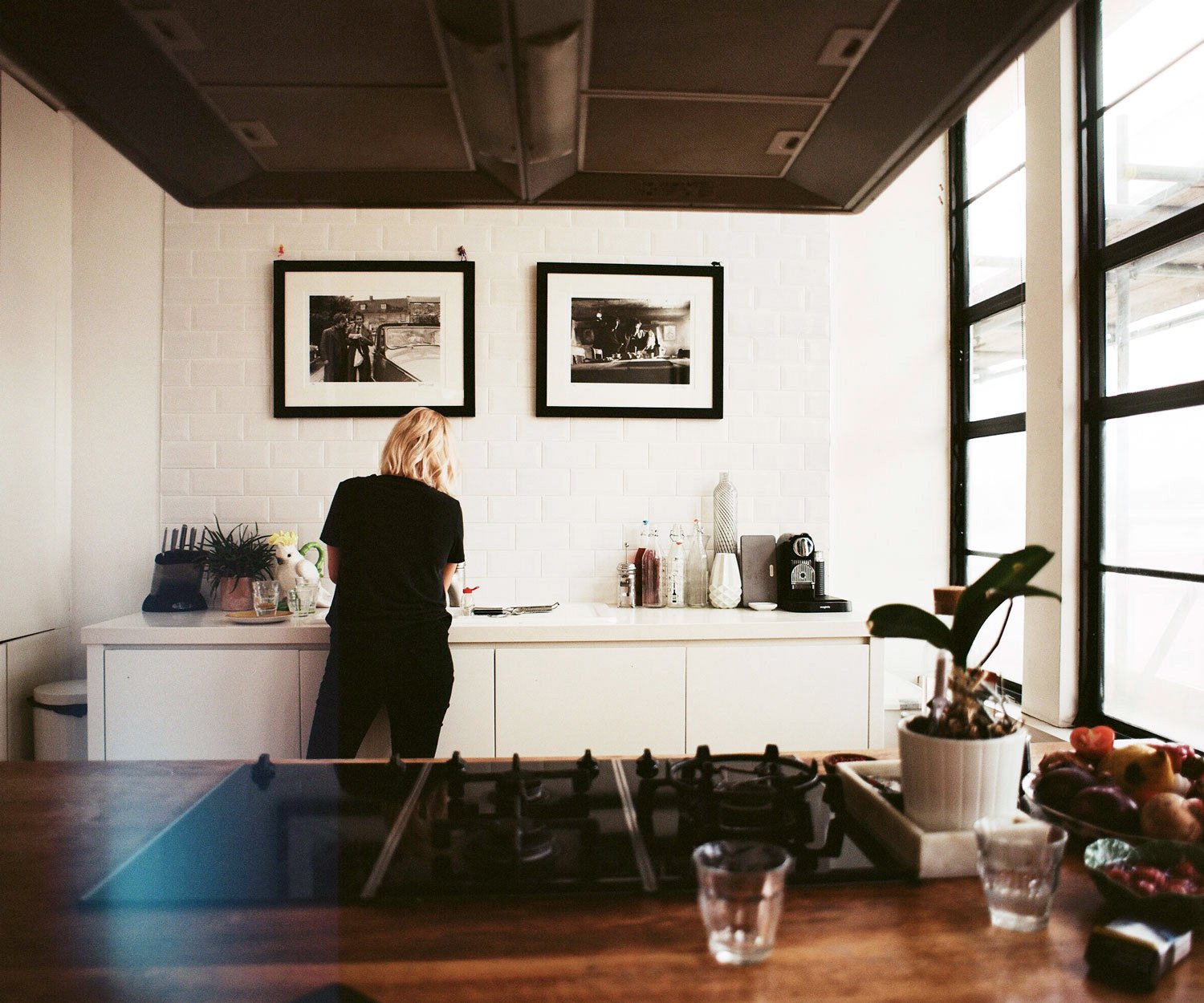
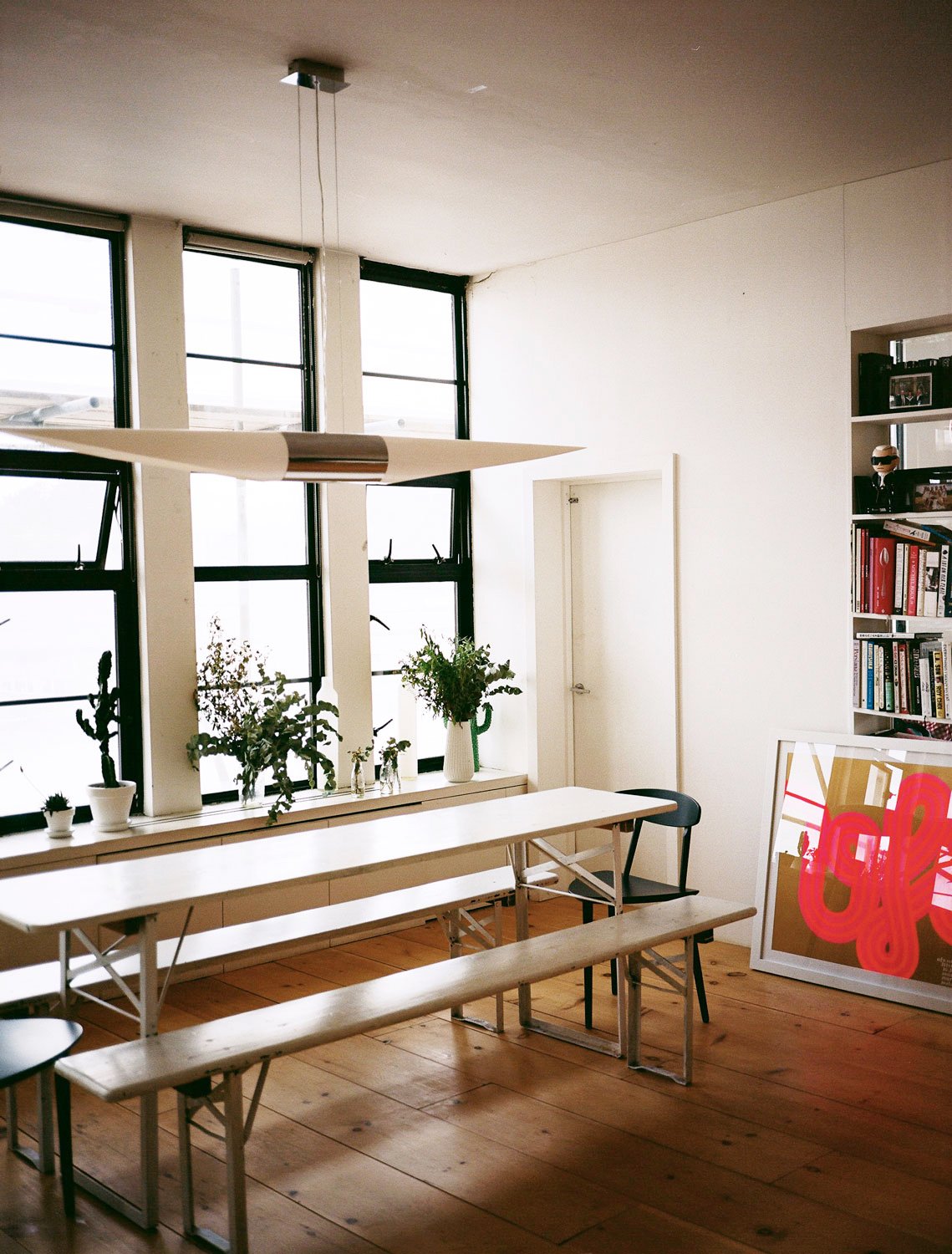
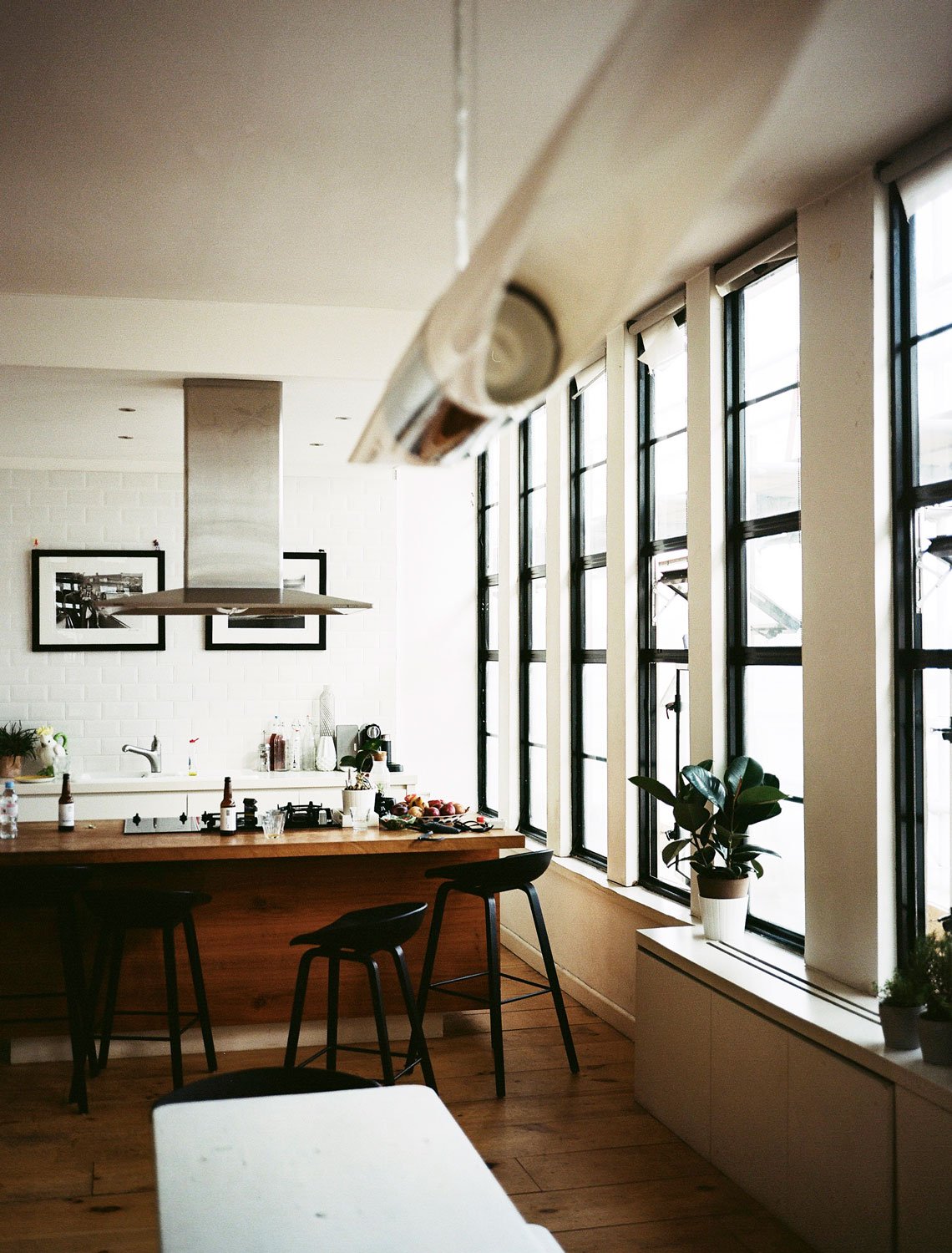
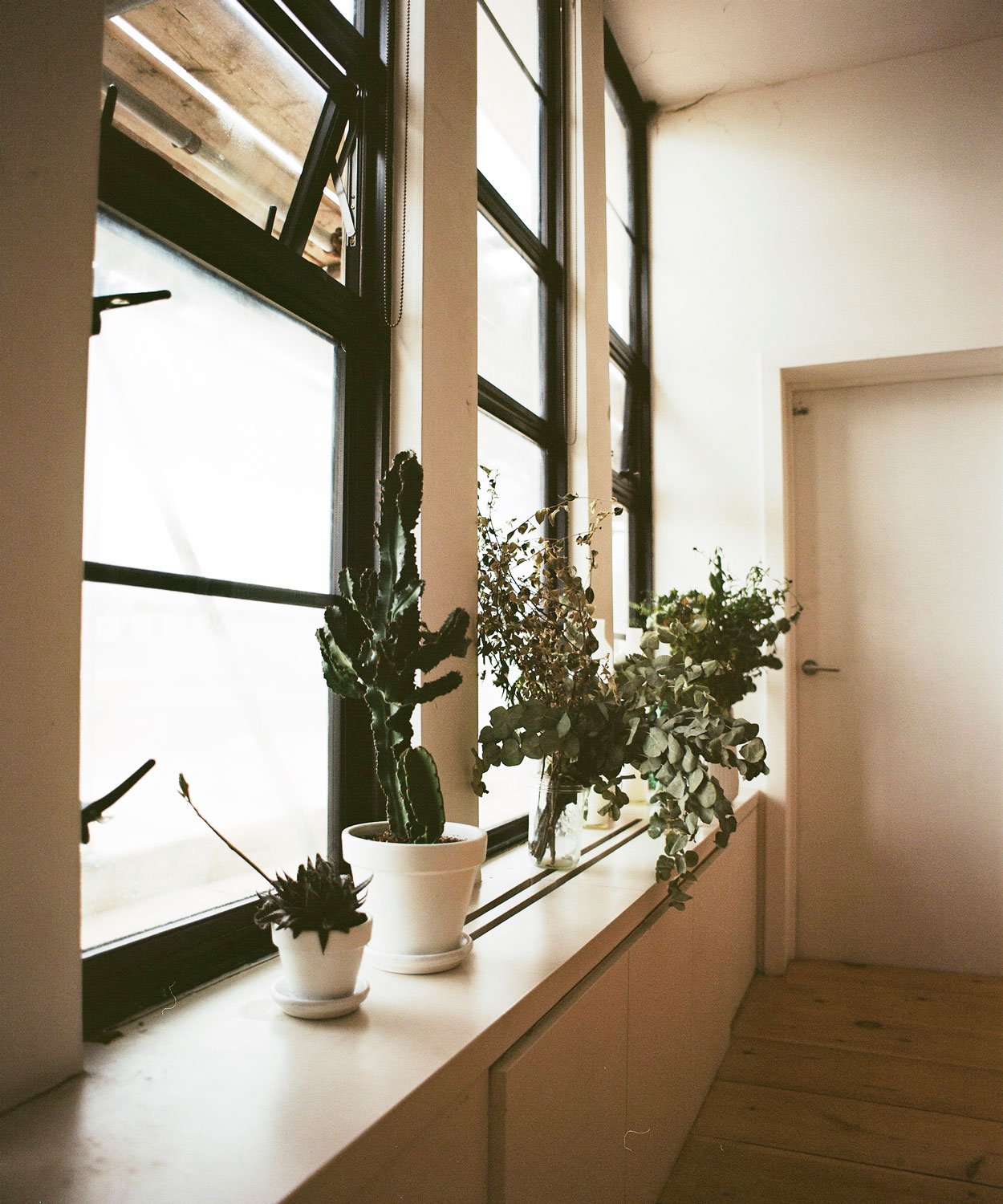
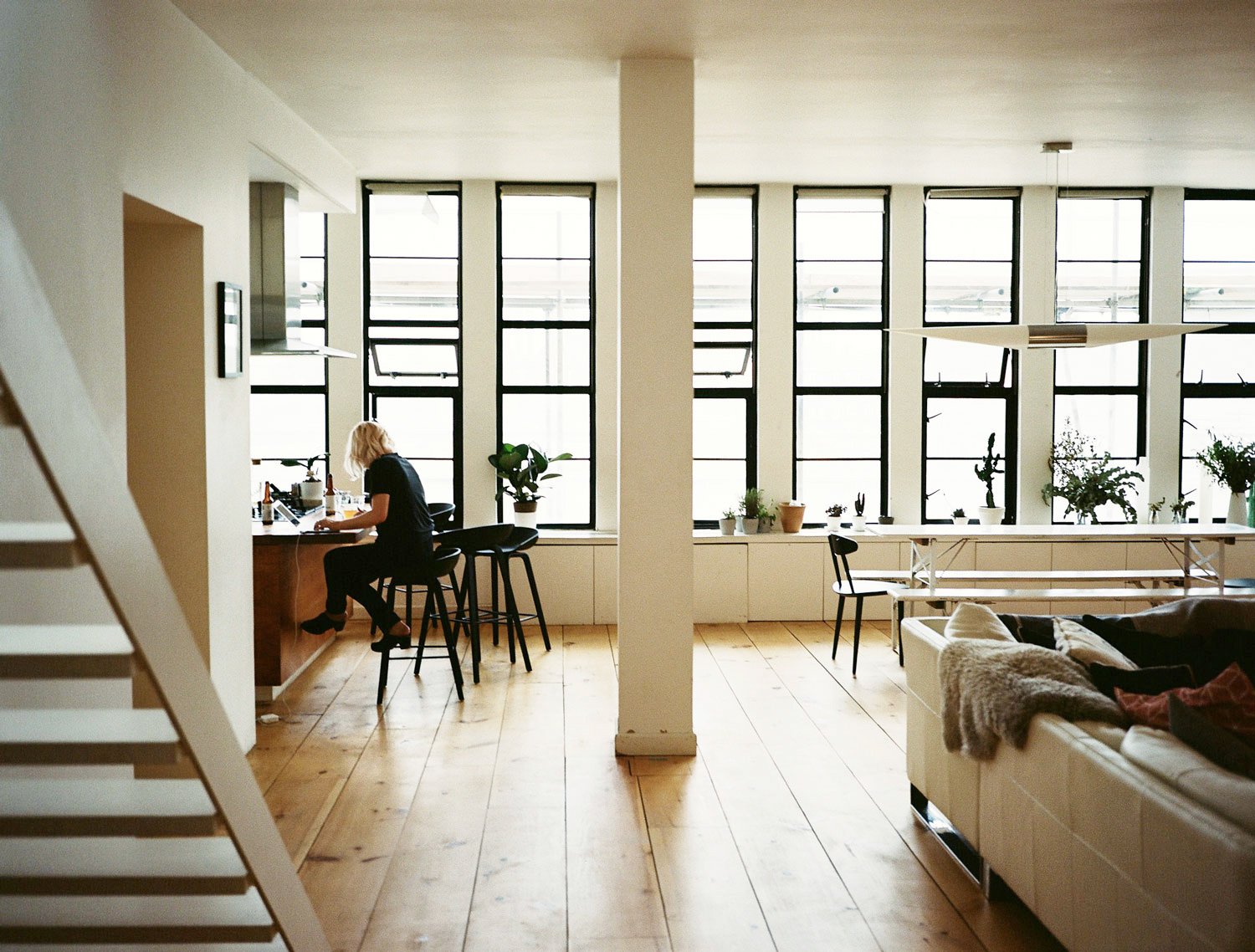
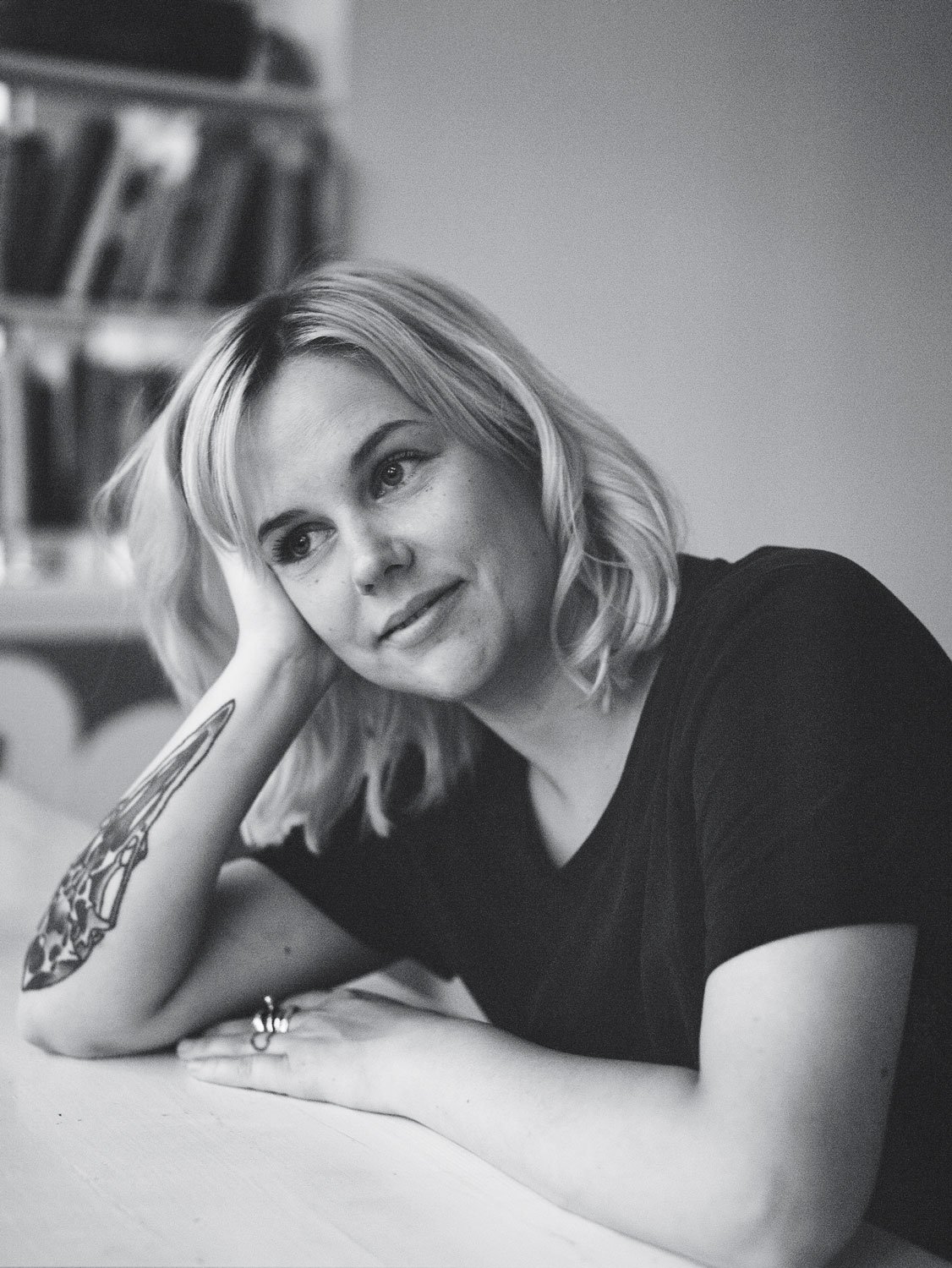
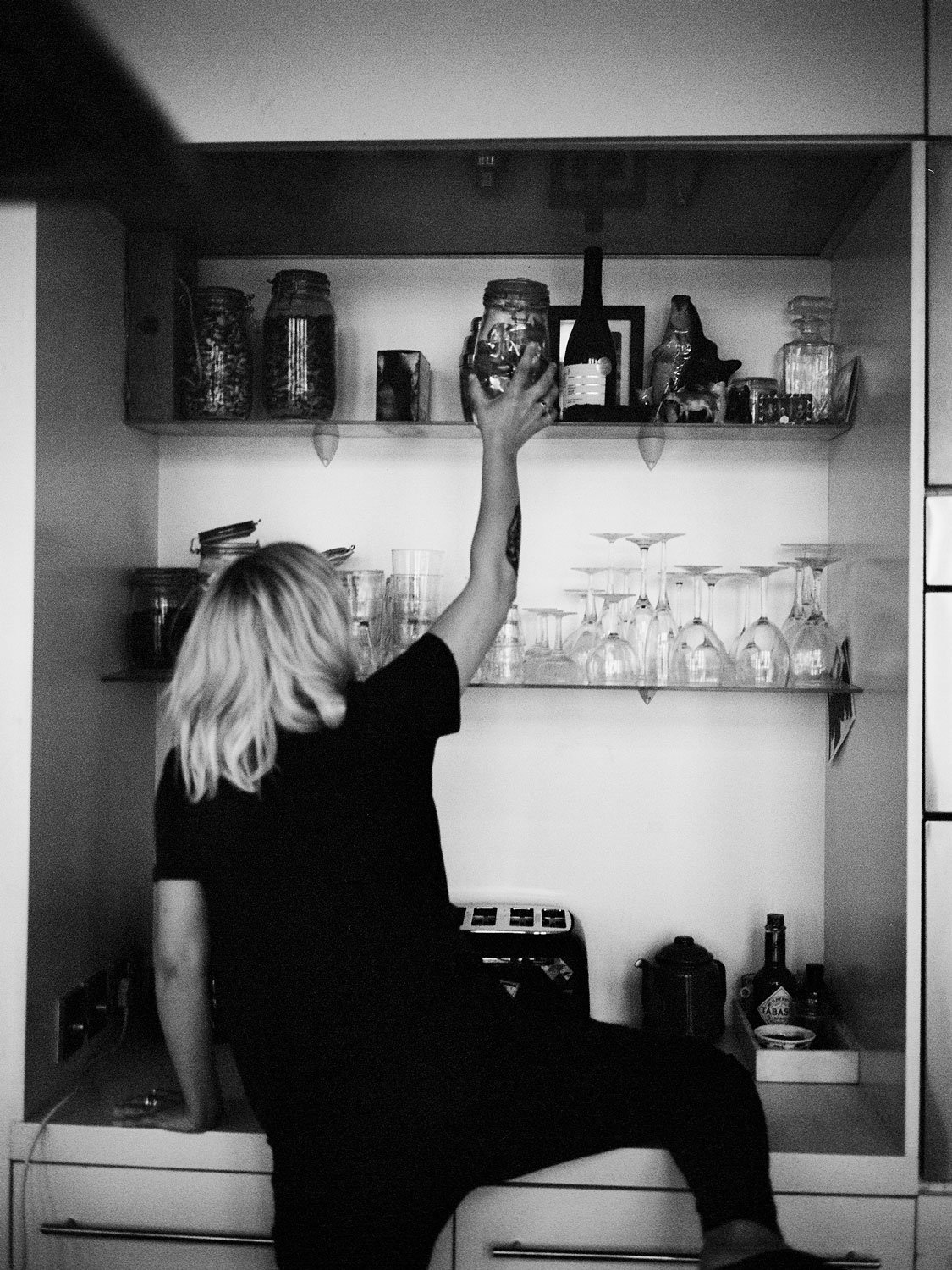
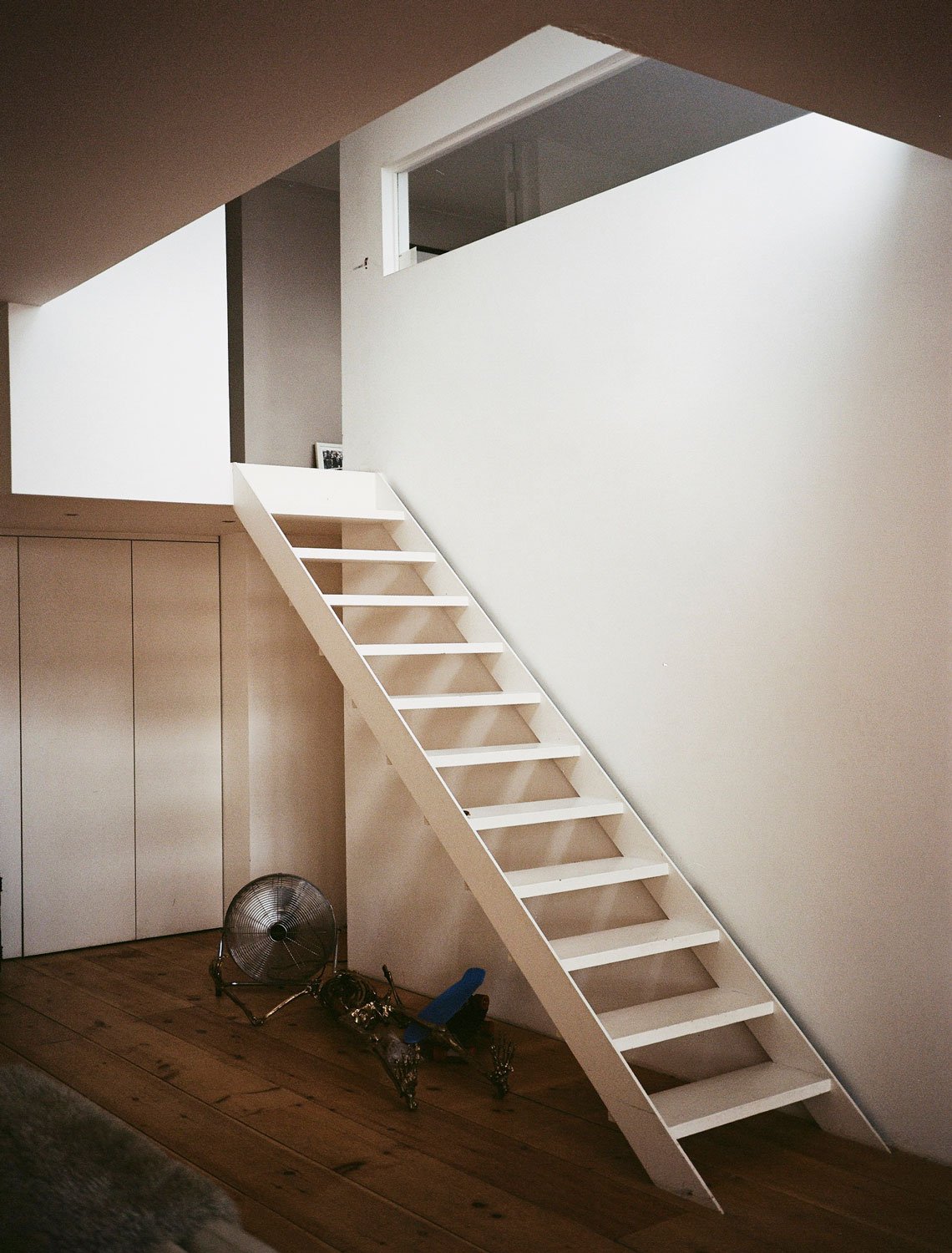
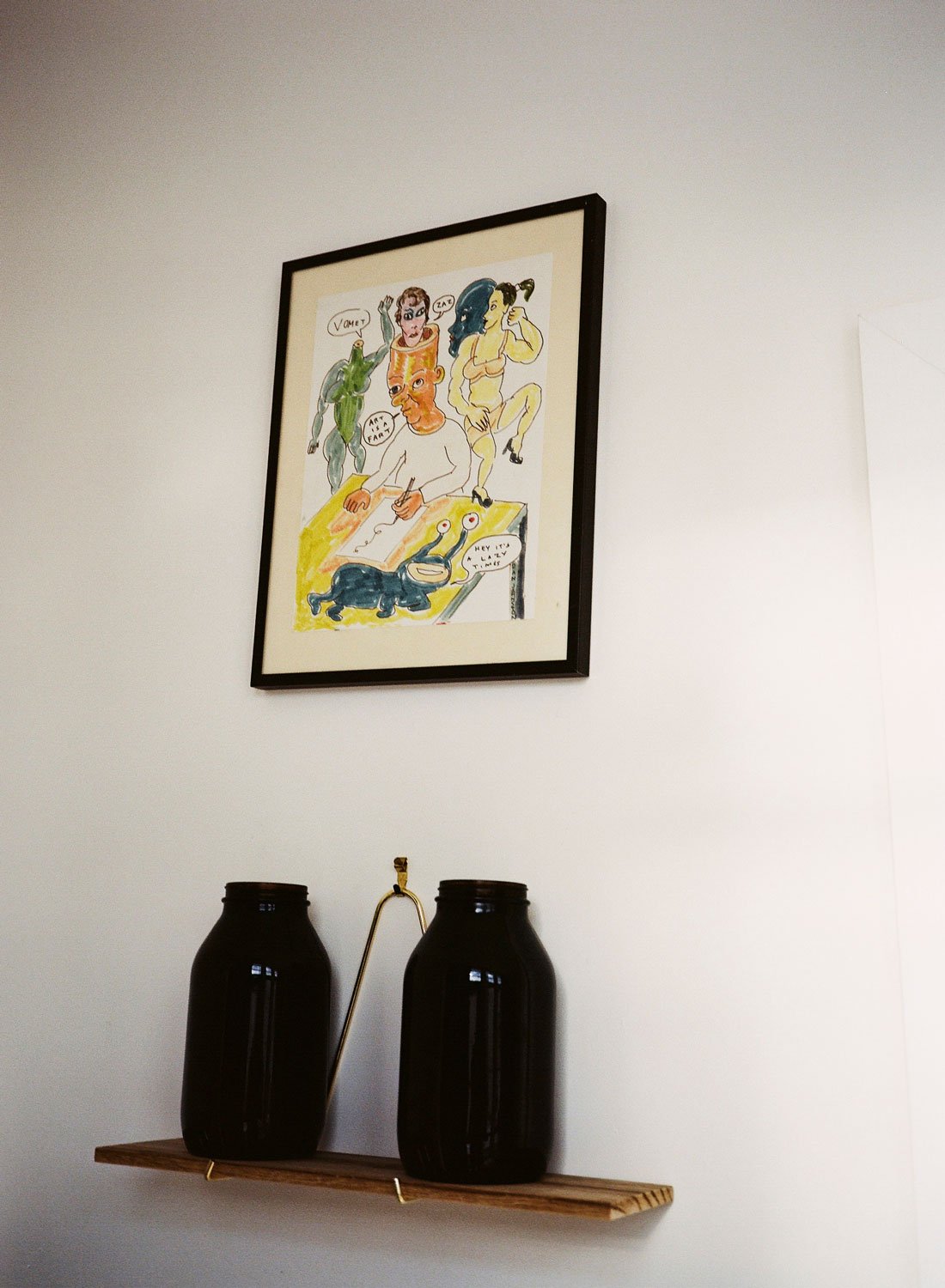
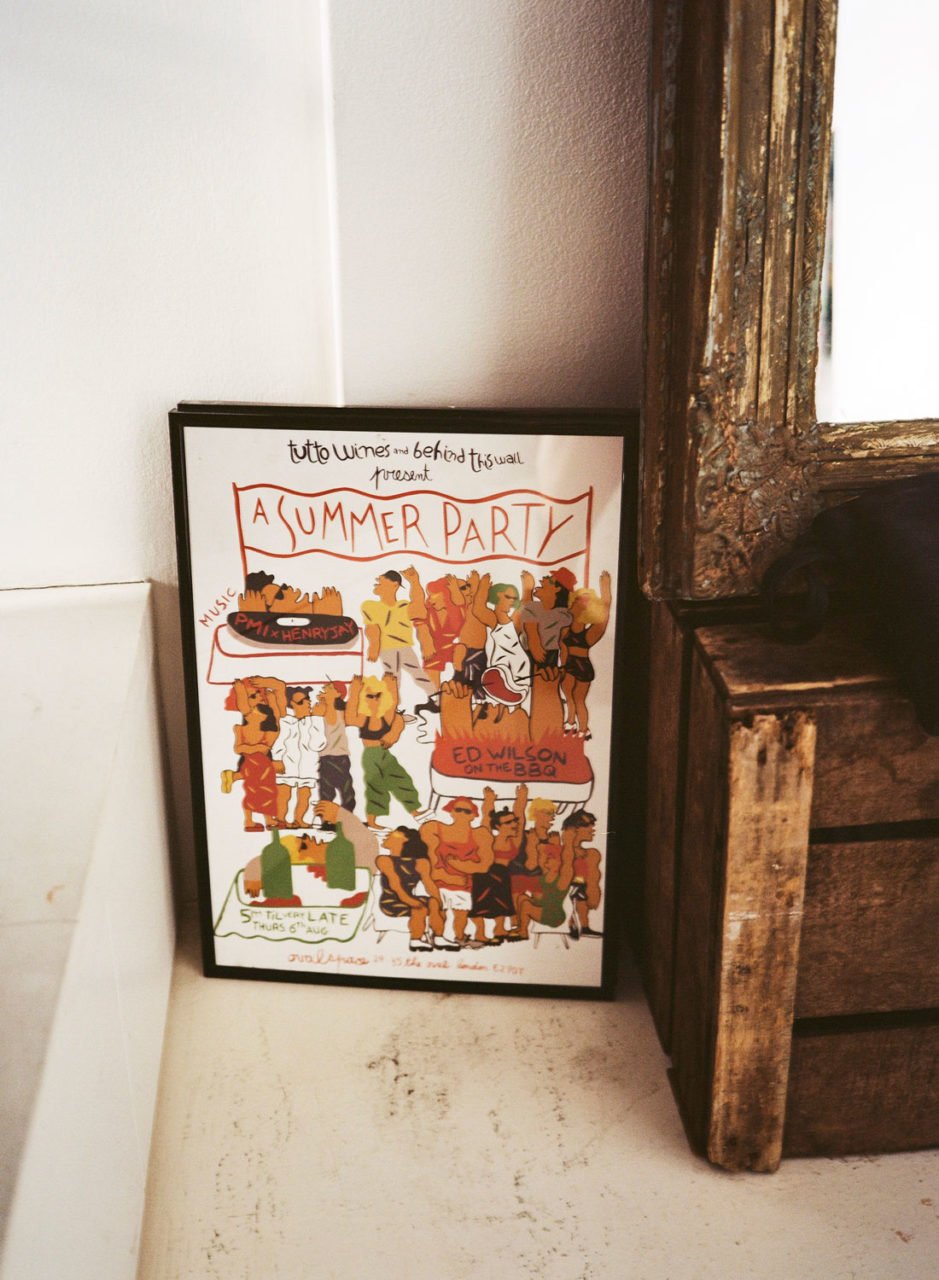
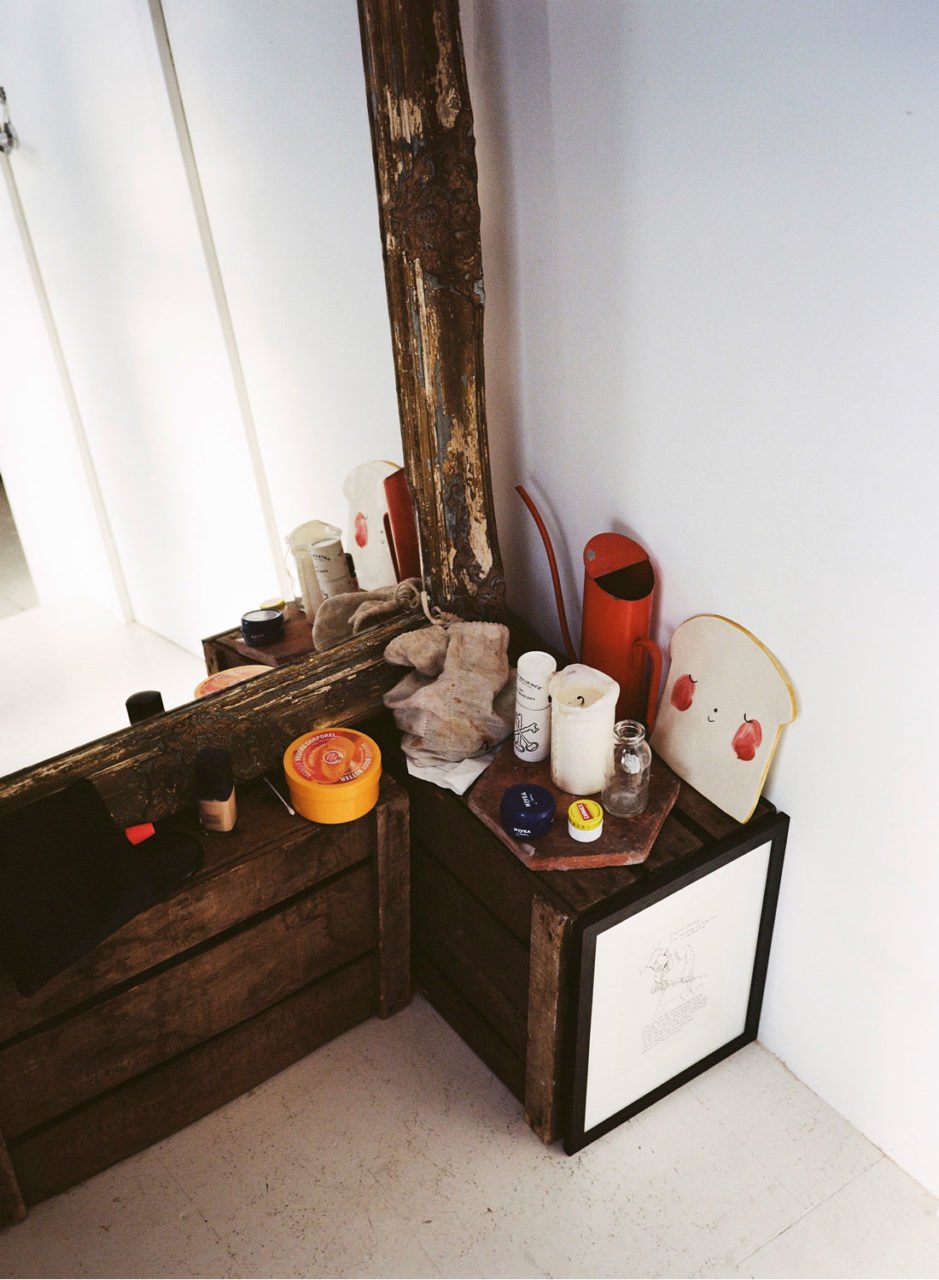
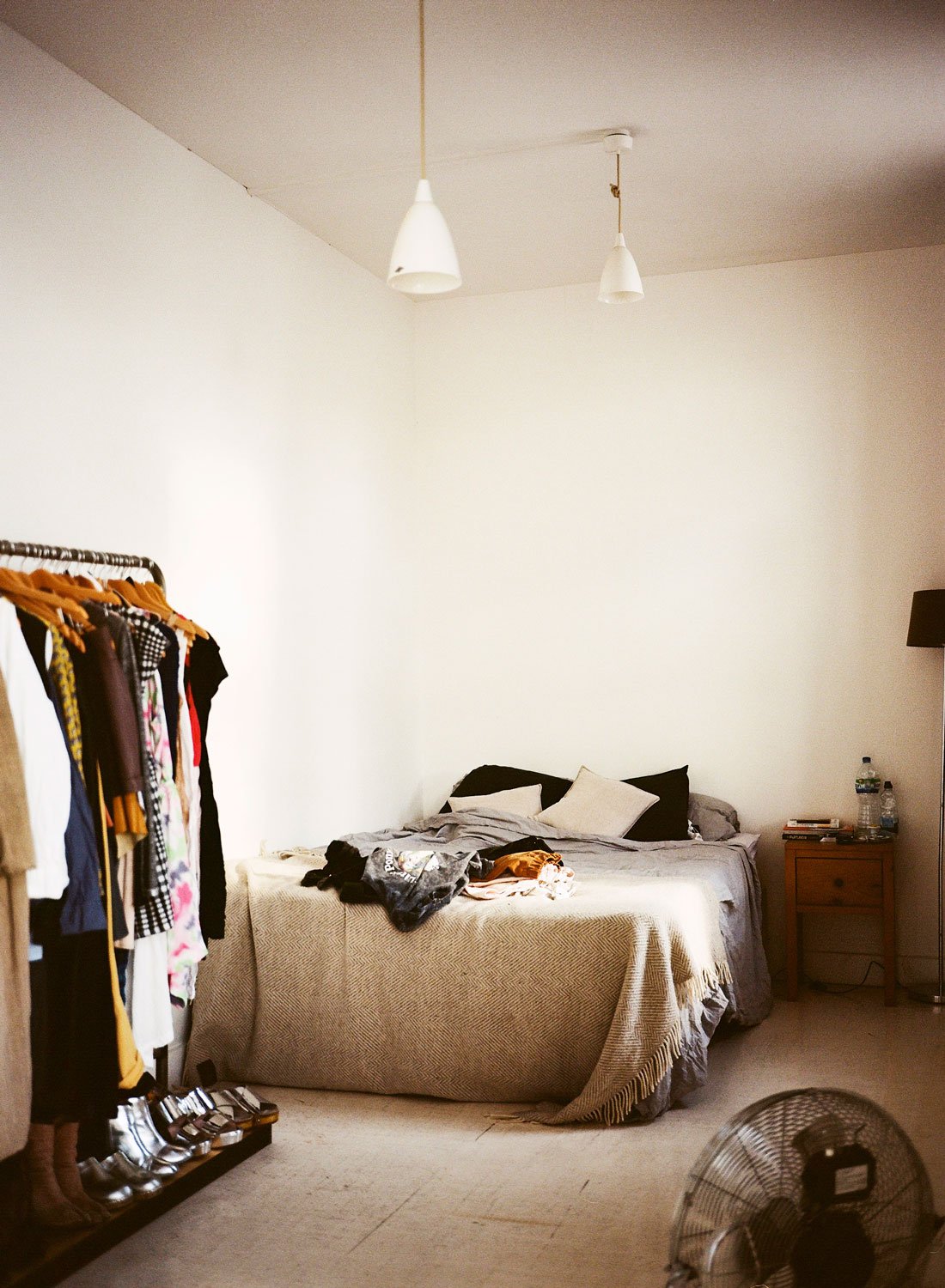
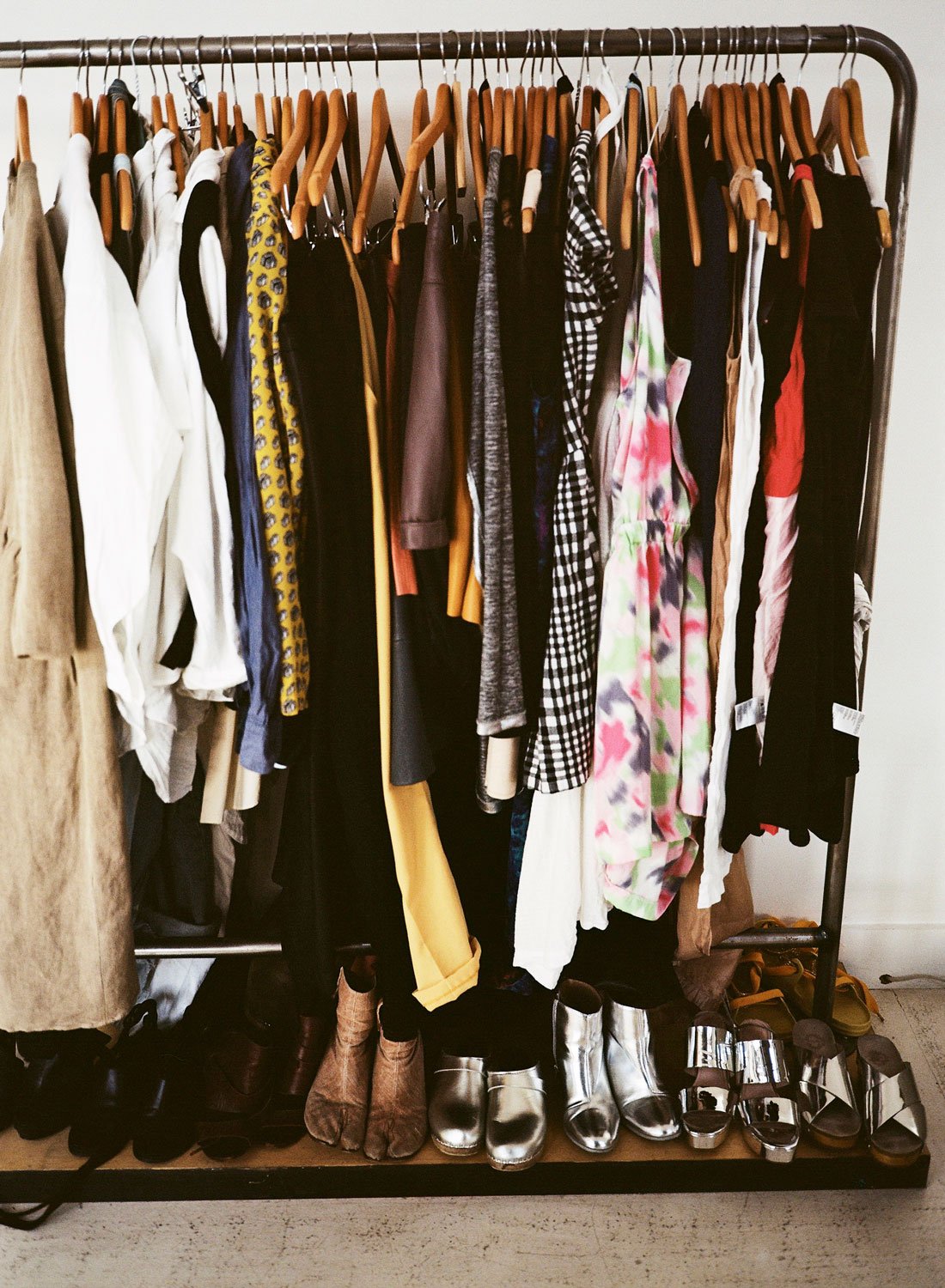
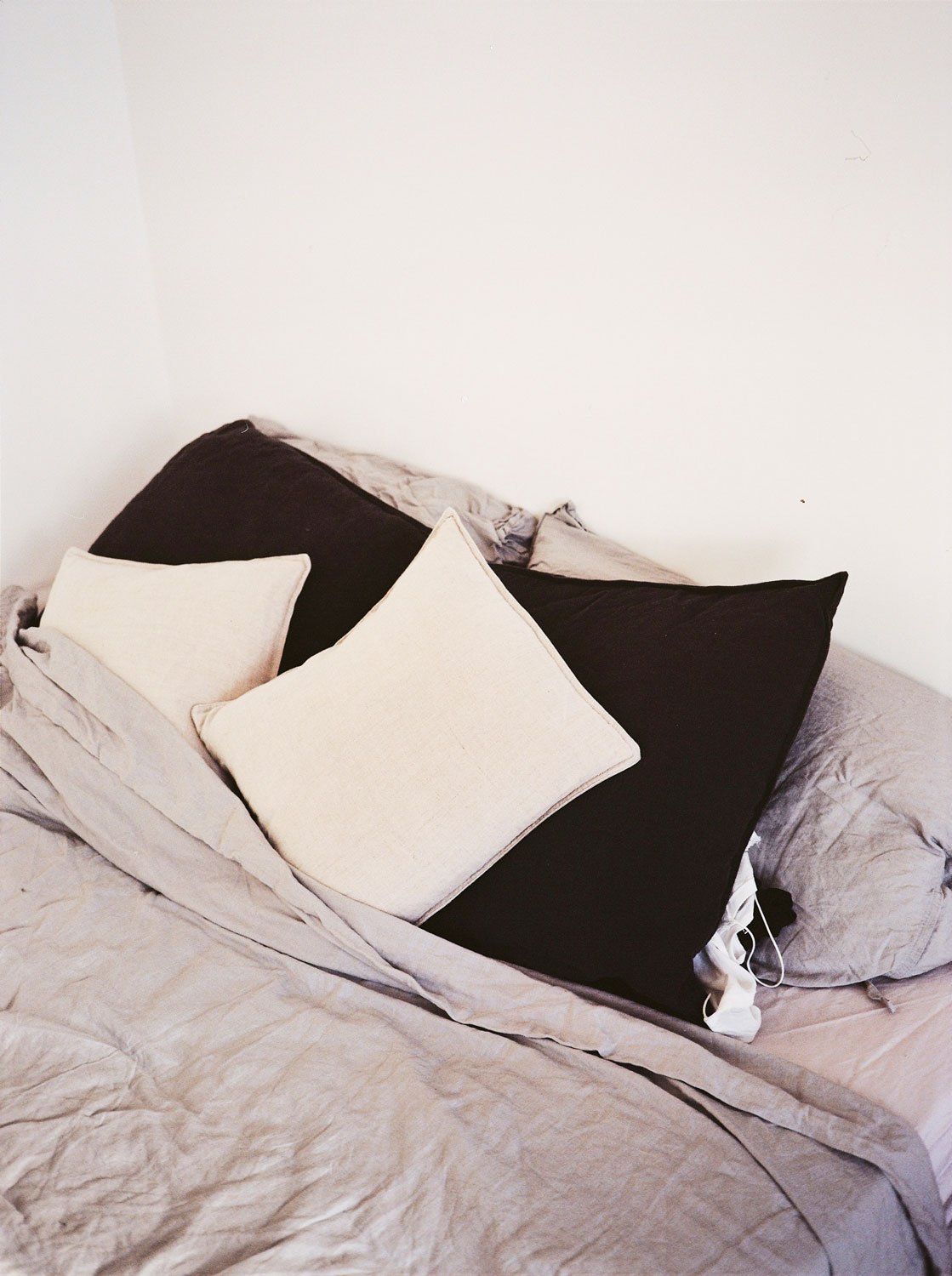
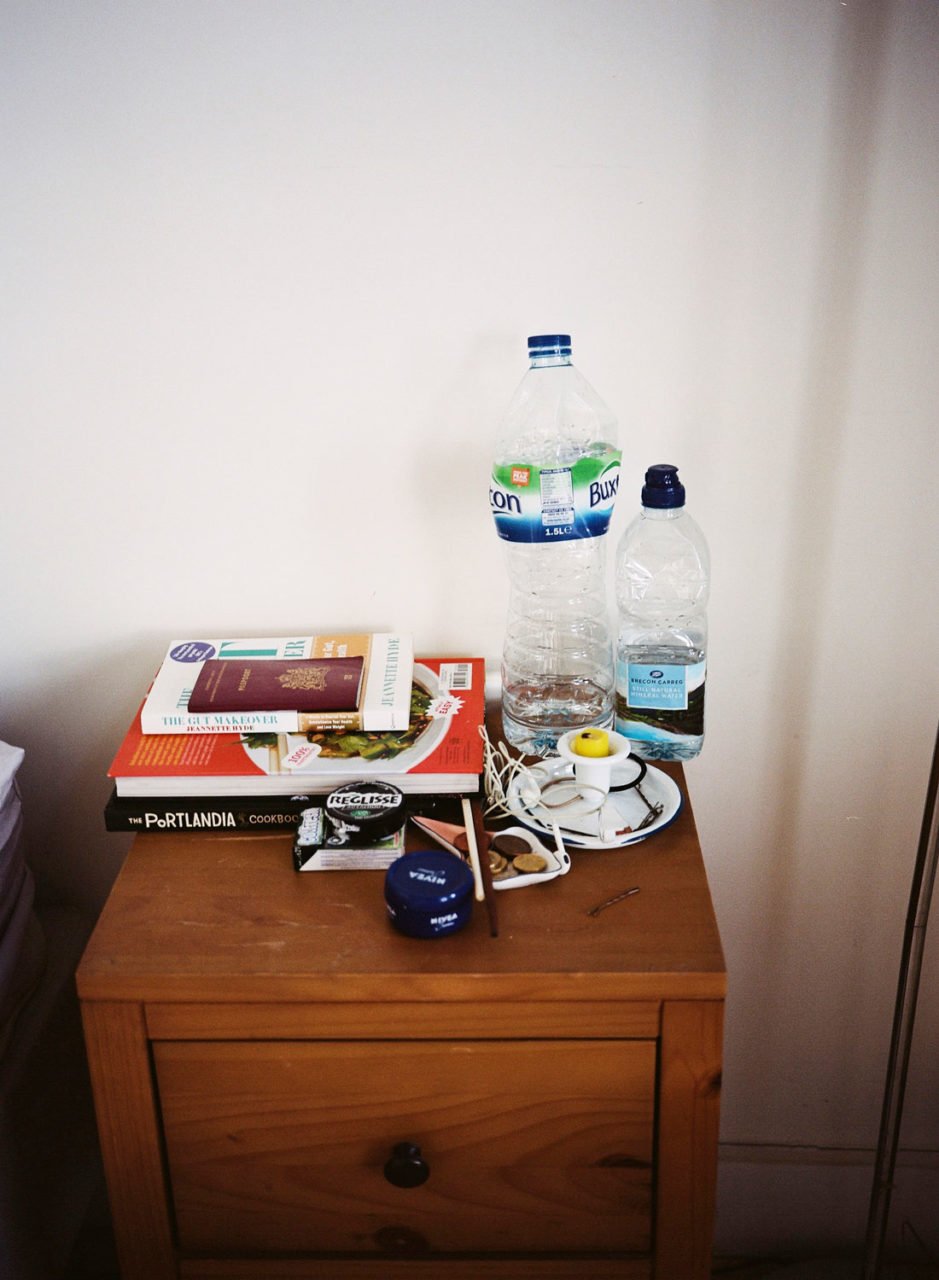
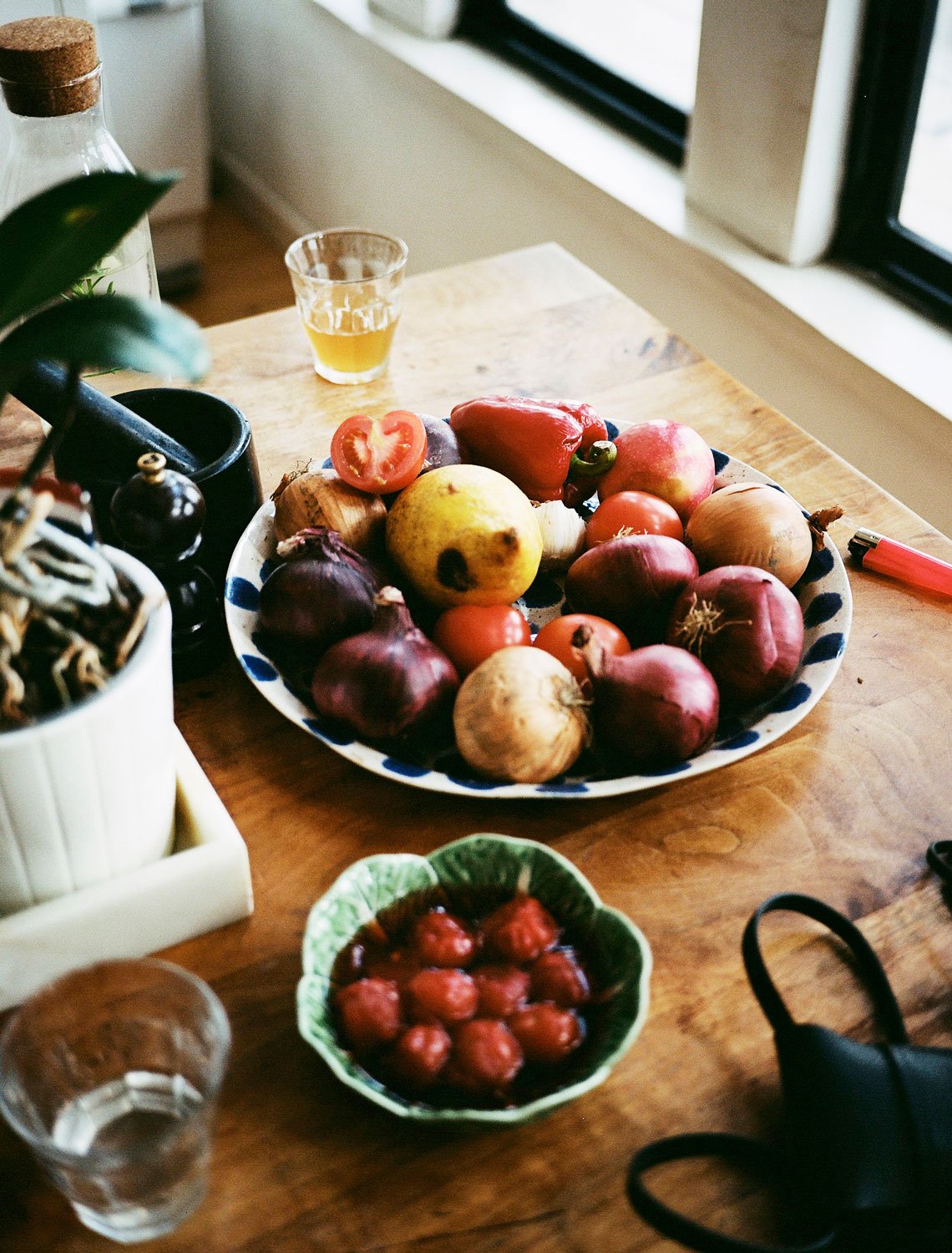
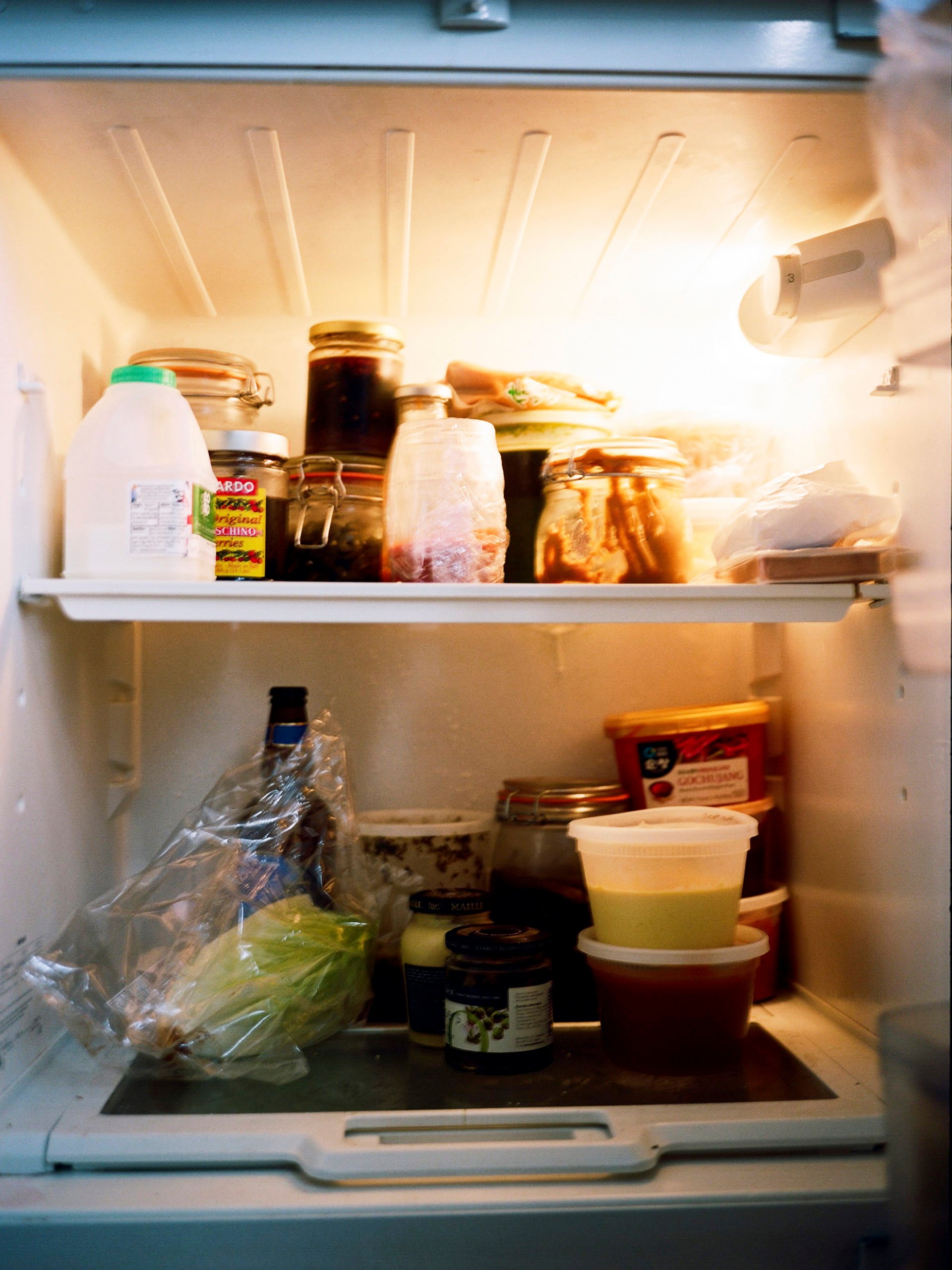
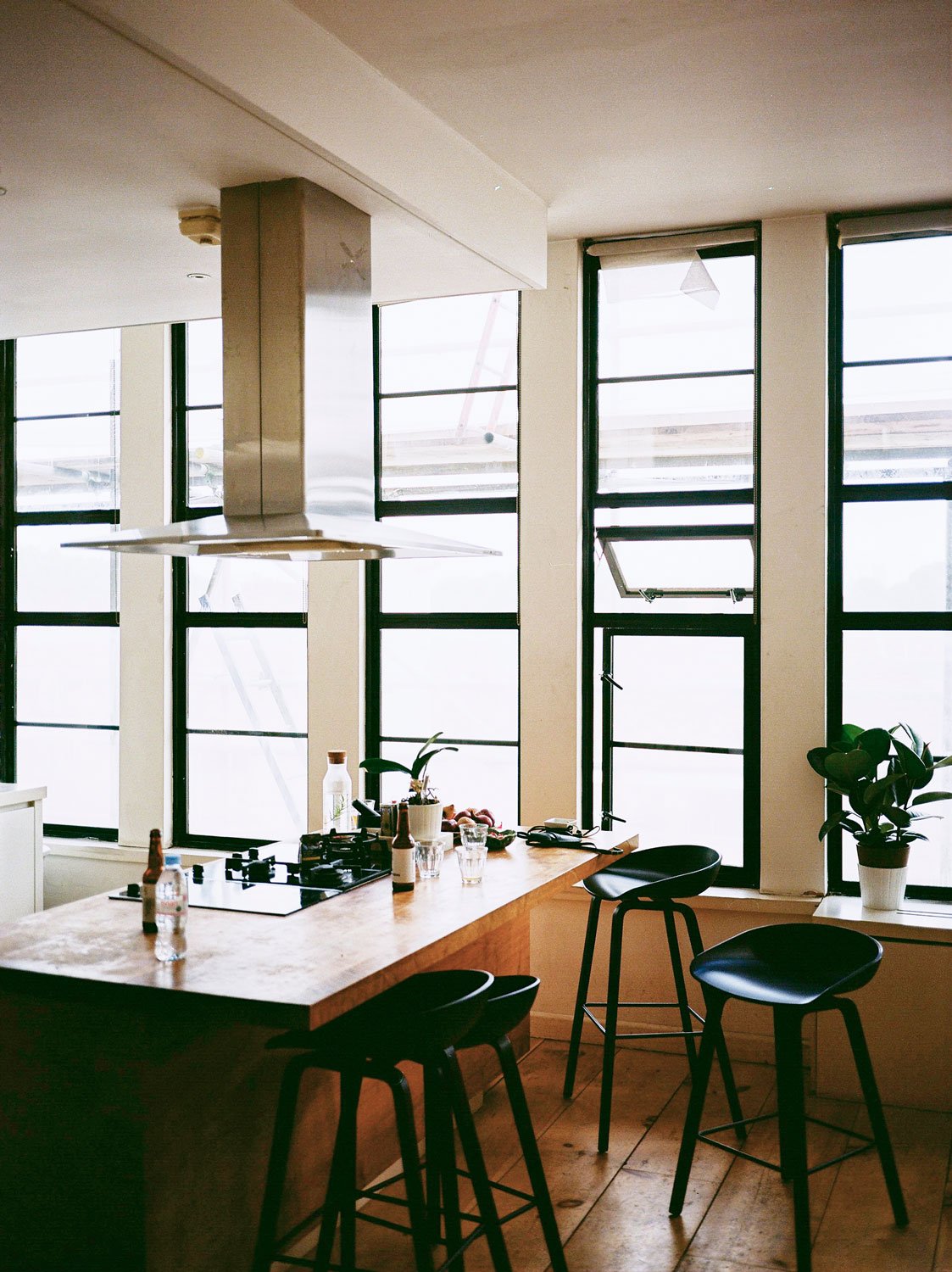
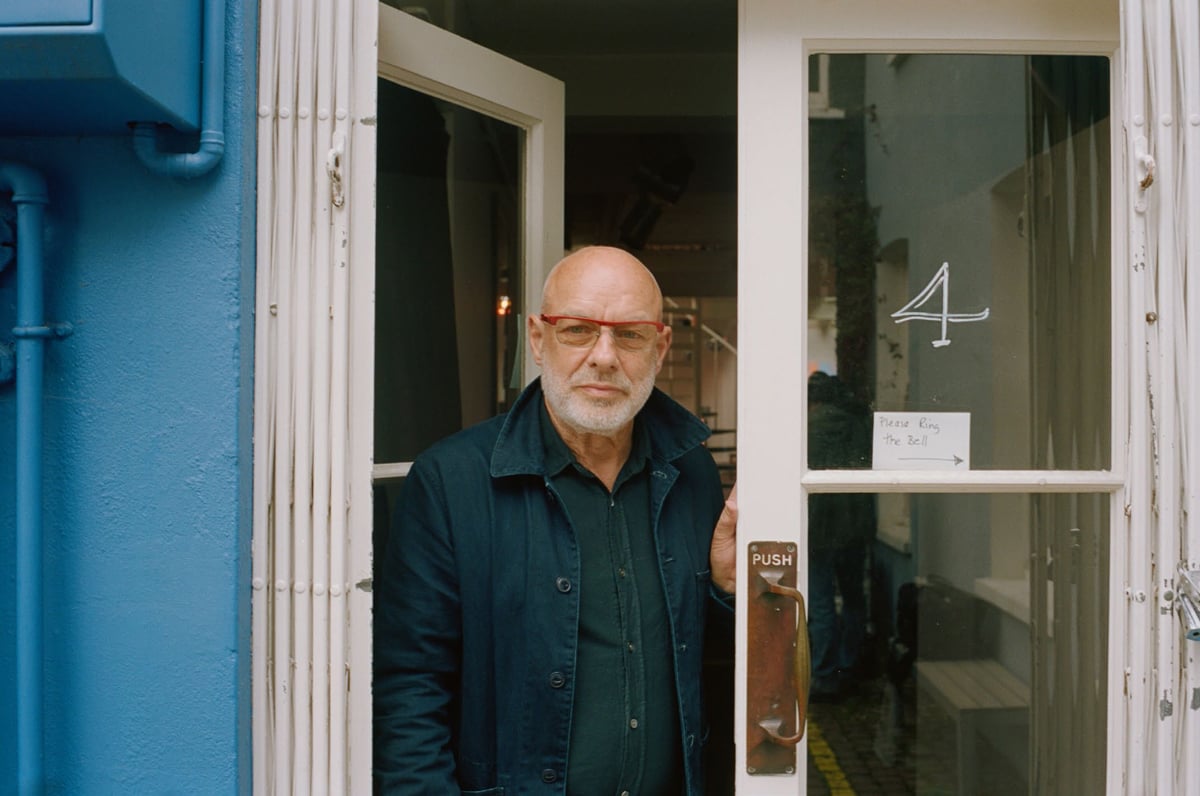
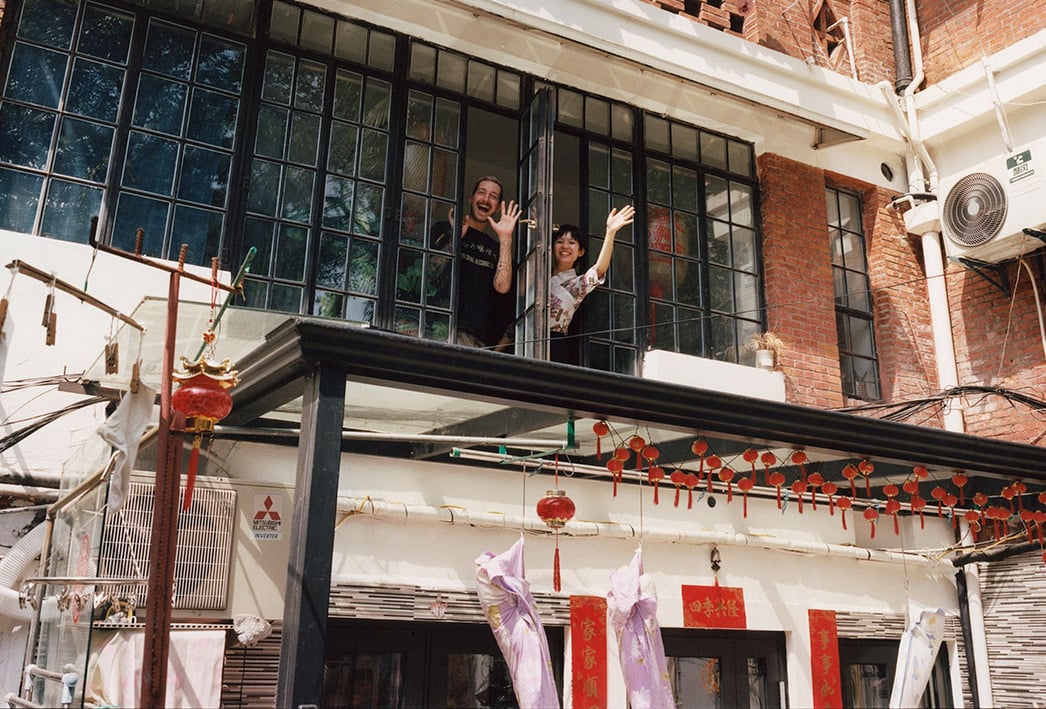
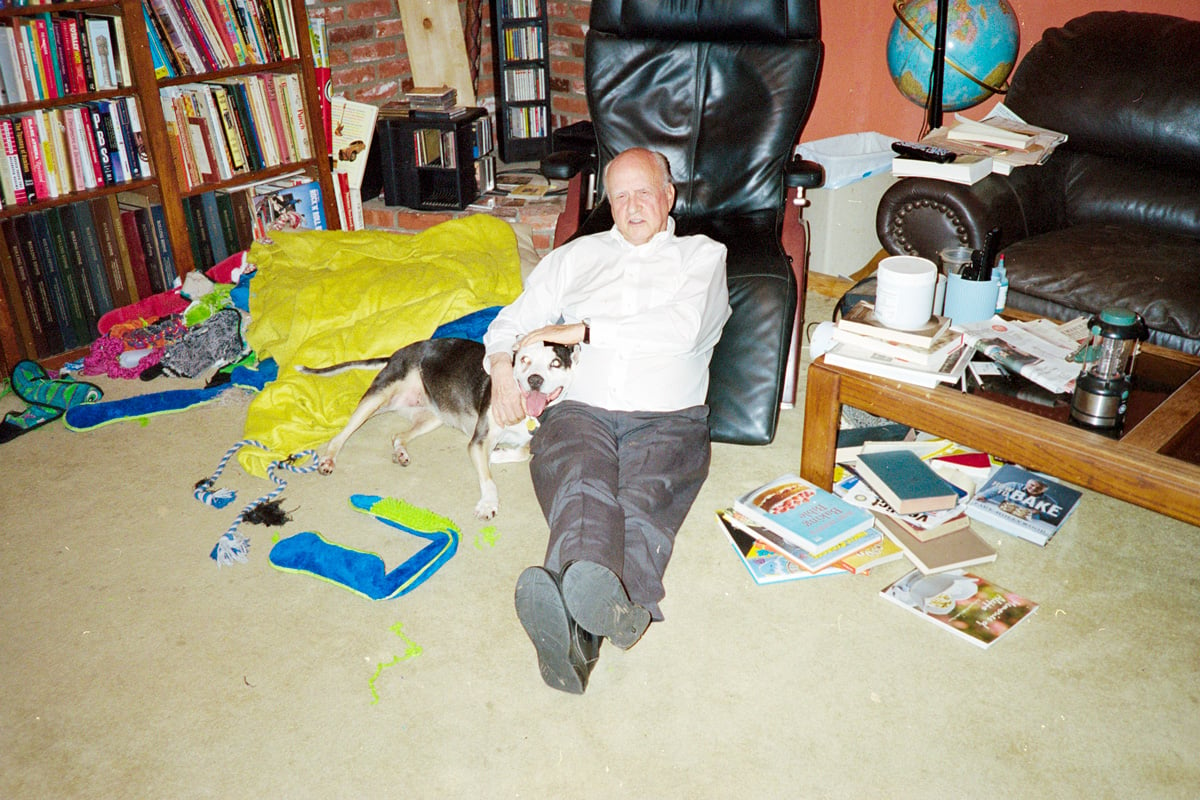
 close
close
















